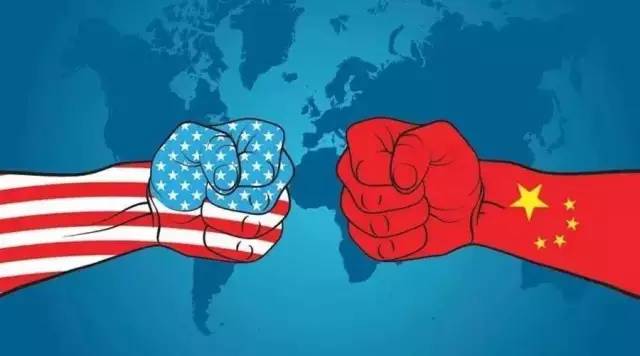
BEC高级商务英语文章阅读精选:2017年中美经济博弈(中美如何共处将成为2017年重大主题)
以下文章选自半岛电视台商业经济版块,本文针对2017年中美两国贸易往来和经济策略进行展望。重点生词及实用短语已用蓝色高亮,希望能够对正在BEC备考的童鞋有所帮助。
How the United States and China, the world’s two biggest economies, deal with each other will likely be a big theme in 2017.
The US-China relationship ended 2016 under a dark cloud as US president-elect Donald Trump promised to play tougher with China. He’s vowed to slap tariffs on Chinese goods and questioned his country’s long-standing policy on Taiwan, which China considers its own. So, will these two economic titans go on a collision course in 2017?
China’s leader, Xi Jinping, will be in the spotlight too, in 2017, over how he manages a slowing economy weighed down by corporate debt and excess industrial capacity.
Karel Lannoo, CEO of the Centre for European Policy Studies (CEPS), discusses the main stresses that China, under Xi Jinping, will face in 2017, both domestically and overseas.
“I think economic growth will be slowing down a bit, but compared to Europe, it [China] will continue to have a very high economic growth – around 6 percent … We’ve seen this slowing down since several years … The main problems I see in China are steady depreciation of the renminbi (RMB) and the probable problems of over-indebtedness in the financial system, and within the households, and how this may unfold. Also, the declining reserves … and, of course, the effect of the Trump investment plan on Asia. Who will be buying US treasury bills, if we see the Chinese economic growth is coming down and their dependence on foreign imports is increasing,” says Lannoo.
It is unclear whether Trump will unwind certain trade deals, notes Lannoo as “it’s very difficult to read his intentions because he’s often doing entirely the opposite of what he’s saying”.
China also surprised the world when it released a new study just as 2016 drew to a close, outlining the government’s ambitious plans to make the country a space power. Rob McBride reports from Beijing.
未经允许不得转载:商务英语学习网站-BEC备考网 » BEC高级阅读文章精选:2017中美经济博弈
 商务英语学习网站-BEC备考网
商务英语学习网站-BEC备考网 BEC高级阅读文章精选:人才招聘智能化
BEC高级阅读文章精选:人才招聘智能化 BEC高级阅读文章精选:商业道德与慈善
BEC高级阅读文章精选:商业道德与慈善 BEC高级阅读文章精选:办公室幽默
BEC高级阅读文章精选:办公室幽默 BEC高级阅读精选:一镑店所属公司股价暴跌
BEC高级阅读精选:一镑店所属公司股价暴跌 BEC高级真题第五辑听力中英对照视频合集
BEC高级真题第五辑听力中英对照视频合集 BEC高级阅读文章精选:你有工作倦怠症吗?
BEC高级阅读文章精选:你有工作倦怠症吗? BEC高级真题第四辑听力中英对照视频合集
BEC高级真题第四辑听力中英对照视频合集 2017年BEC备考商务英语高级真题及答案
2017年BEC备考商务英语高级真题及答案 BEC中高级真题听力MP3音频汇总
BEC中高级真题听力MP3音频汇总 适合商务英语学习的电影及电视剧推荐
适合商务英语学习的电影及电视剧推荐